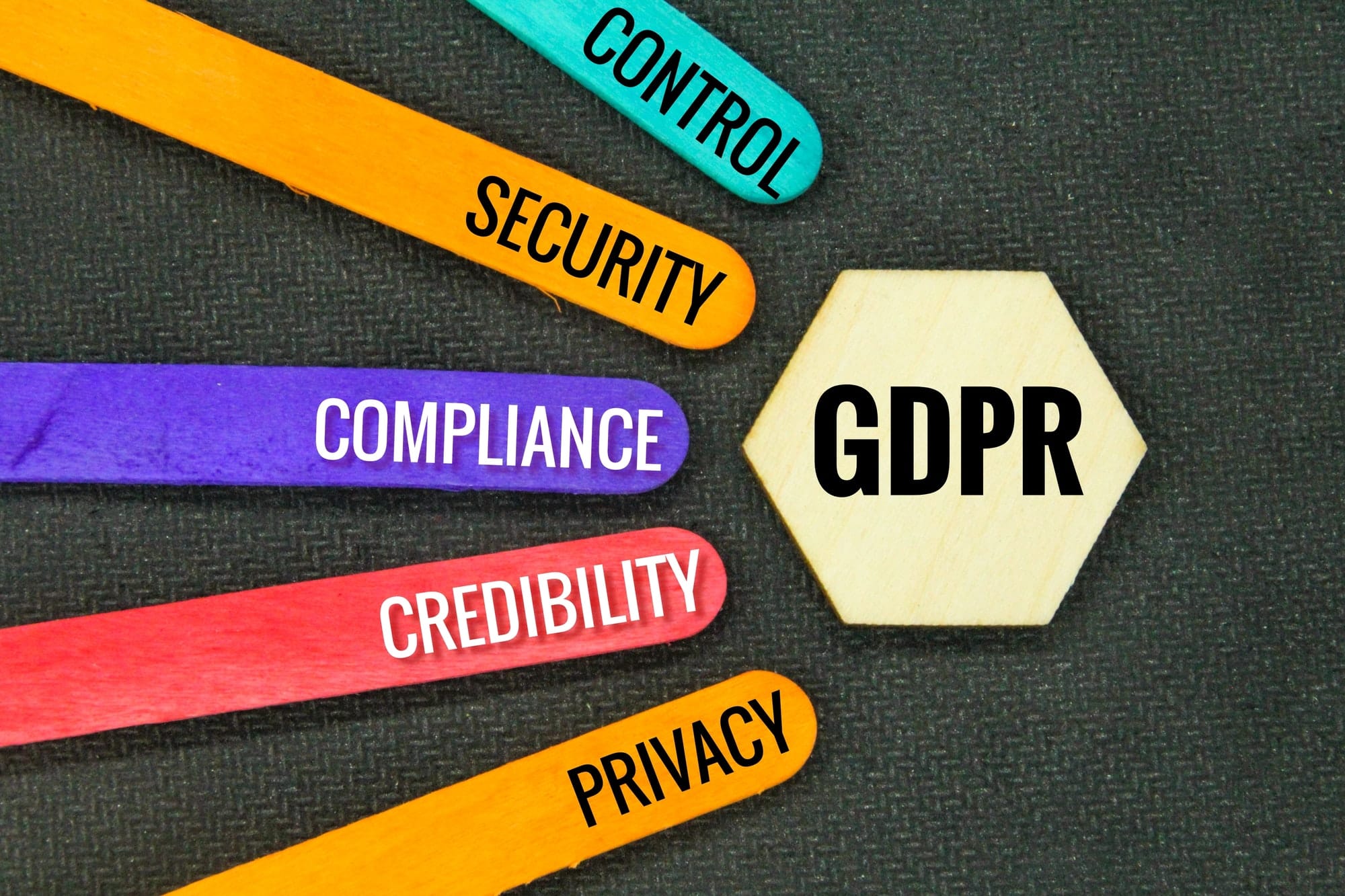When it comes to the realm of data protection and privacy, the General Data Protection Regulation (GDPR) plays a pivotal role. The GDPR, a legal framework introduced by the European Union (EU), sets guidelines for the collection and processing of personal data of individuals within the EU. However, its implications don’t just stop at the borders of the EU. For UK consulting firms working internationally, maintaining GDPR compliance is both a legal requirement and a necessary commitment to client trust. This article digs deep into the guidelines that these organizations need to adopt to ensure GDPR compliance, despite the geographical boundaries.
Understanding GDPR and Its Global Applicability
GDPR is more than just another regulation; it’s a champion of privacy rights for individuals within the EU. However, the GDPR’s reach is far from being limited to the EU alone. It applies to all companies worldwide that process the personal data of EU citizens. This means that any UK consulting firm working with clients or suppliers from the EU will need to ensure GDPR compliance, regardless of Brexit.
Avez-vous vu cela : How to Create a Successful Crowdfunding Campaign in the UK?
The legislation is designed to protect the personal data of individuals, ensuring that such data is handled with care and respect. This includes any data that can directly or indirectly identify a person. Under GDPR, organizations have an obligation to process this data responsibly and transparently.
Key Principles of GDPR Compliance
To maintain GDPR compliance, organizations need to align their data processing activities with several key principles. These principles include lawfulness, fairness, transparency, data minimization, accuracy, storage limitation, integrity, and confidentiality.
En parallèle : Essential guide to bog mats in oxfordshire for your projects
For UK consulting firms, this translates to obtaining clear and explicit consent from EU individuals before processing their data. The firms must also ensure that the data is used only for the purpose it was originally collected. Maintaining data accuracy, ensuring its security, and deleting it when no longer necessary, are also crucial aspects of GDPR compliance. The firms must also clearly communicate their data processing practices to data subjects, ensuring total transparency.
Rights of Data Subjects Under GDPR
One of the most significant aspects of GDPR is the rights it gives to data subjects, i.e., individuals whose data is being processed. Understanding these rights is crucial for any organization aiming to maintain GDPR compliance.
Under GDPR, data subjects have the right to be informed about how and why their data is being processed. They have the right to access their data, correct inaccuracies, and erase their data in certain circumstances. They also have the right to object to data processing and the right to data portability. This means that UK consulting firms need to have processes in place that allow individuals to exercise these rights easily and effectively.
The Role of Data Protection Officer and Data Processors
In terms of GDPR compliance, the roles of Data Protection Officer (DPO) and data processors are significant. The DPO is responsible for overseeing data protection strategy and implementation to ensure compliance. They advise the company on GDPR requirements, train staff involved in data processing, and serve as the primary contact point for supervisory authorities.
On the other hand, data processors are individuals or organizations that process personal data on behalf of a data controller. Under GDPR, data processors have legal obligations to maintain the security and protection of the processed data.
GDPR Penalties and the Importance of Compliance
GDPR compliance isn’t merely a formality; it’s a legal requirement enforced by stringent penalties. Non-compliance can result in hefty fines, with the maximum fine being the greater of €20 million or 4% of the company’s annual global turnover.
Thus, for UK consulting firms operating internationally, ensuring GDPR compliance is not just about maintaining client trust. It’s also about protecting the firm from potential legal ramifications. By understanding and implementing GDPR guidelines, these firms can uphold their obligations towards data protection and privacy, thereby reinforcing their commitment to ethical business practices.
Maintaining Compliance in International Data Transfers
Operating internationally presents a unique set of challenges for UK consulting firms in terms of GDPR compliance. When transferring personal data beyond the EU’s borders, firms must ensure the same level of data protection as within the EU. This requirement applies irrespective of whether data is transferred to a client, a third-party service provider, or within the organization itself.
When transferring personal data, UK consulting firms must consider the GDPR’s adequacy decisions. The EU Commission has the authority to decide whether a country outside the EU offers an adequate level of data protection. As of today, only a limited number of countries have received an adequacy decision. In cases where data is transferred to a non-adequate country, alternative safeguards must be put in place, such as Standard Contractual Clauses or Binding Corporate Rules.
Moreover, firms are required to inform data subjects about the international transfers of their personal data, the reasons for such transfers, and the safeguards put in place. This is a part of the transparency requirement under GDPR.
To ensure compliance with these regulations, firms should consider implementing data governance strategies. This could include designating a data protection officer, training staff on GDPR requirements, and implementing procedures for data breach notification.
Notably, the role of a data protection officer becomes even more crucial during cross-border data transfers. They need to understand the complexities of international data transfers and provide guidance to ensure that the firm meets its GDPR obligations.
Conclusion: The Importance of Creating a Culture of Data Privacy
Maintaining GDPR compliance when working internationally is no small task for UK consulting firms. It requires a deep understanding of the GDPR and its global implications, unwavering commitment to the principles of data protection, and the ability to navigate the complexities of international data transfers.
One of the keys to successful GDPR compliance is creating a culture of data privacy within the organization. This culture is fostered by educating employees about their role in data protection, ensuring transparency in data processing activities, and instilling respect for the privacy rights of data subjects.
The role of data processors and the Data Protection Officer cannot be understated in this regard. These individuals play a pivotal role in ensuring that the company’s data processing activities align with GDPR requirements and that data subjects’ rights are upheld.
In summary, GDPR compliance is not just about avoiding penalties; it’s about demonstrating respect and care for personal data. For UK consulting firms, this commitment to data privacy is not only a legal requirement but also a cornerstone of ethical business practice. By diligently adhering to GDPR guidelines, these firms uphold their legal obligations while also maintaining trust with their clients and bolstering their reputation as responsible corporate entities.










